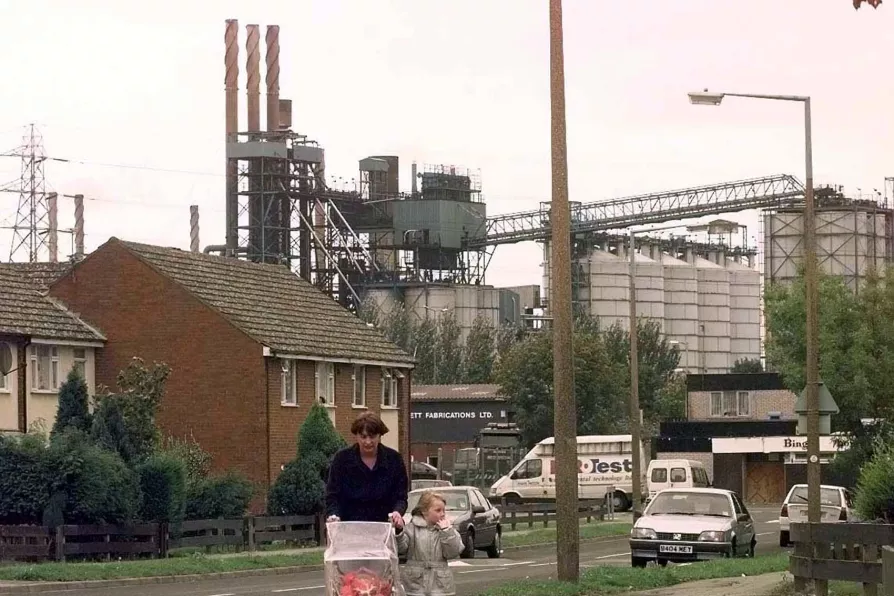A survey circulated by a far-right-linked student group has sparked outrage, with educators, historians and veterans warning that profiling teachers for their political views echoes fascist-era practices. FEDERICA ADRIANI reports

 The working-class town of Ellesmere Port, its skyline dominated by heavy industry, where Roy Jones and the Communist Party of Great Britain were active through the 1960s.
The working-class town of Ellesmere Port, its skyline dominated by heavy industry, where Roy Jones and the Communist Party of Great Britain were active through the 1960s.
THE formation of the Communist Party of Great Britain’s Ellesmere Port branch in 1963 marked a recovery in CPGB membership after the 1956 Hungarian uprising and Nikita Khrushchev’s denunciation of Stalin. Deep divisions in the party led to a loss of 20 per cent of the membership.
The questions around the USSR’s action in Hungary had led to a widespread debate and steps to more open discussions at meetings and in print (including the Daily Worker), the setting up of the discussion journal Marxism Today on socialism in Britain and abroad.
At the heart of the debate was the party’s adherence to democratic centralism which was scrutinised in a debate and special party congress on “inner-party democracy.”

Your Party can become an antidote to Reform UK – but only by rooting itself in communities up and down the country, says CLAUDIA WEBBE

MAT COWARD tells the story of the eccentric founder of a short-lived but striking experiment in ‘vital democracy,’ who became best known for giving away his estate to the nation

In the run-up to the Communist Party congress in November ROB GRIFFITHS outlines a few ideas regarding its participation in the elections of May 2026











